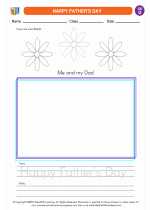American Symbols & Holidays
American Symbols & Holidays are an important part of the culture and history of the United States. They represent the values, traditions, and events that are significant to the American people. Understanding these symbols and holidays helps us appreciate the history and diversity of the United States.
American Symbols
American symbols are iconic representations of the nation's identity and heritage. These symbols hold great significance and are often used to express patriotism and pride. Some of the most well-known American symbols include:
- The American Flag: Also known as the "Stars and Stripes," the flag symbolizes the unity and values of the United States.
- The Statue of Liberty: This iconic statue in New York Harbor represents freedom and democracy. It is a symbol of welcome to immigrants arriving in the United States.
- The Bald Eagle: As the national bird of the U.S., the bald eagle is a symbol of strength, freedom, and independence.
- The Liberty Bell: Located in Philadelphia, this bell is a symbol of American independence and the abolition of slavery.
American Holidays
American holidays commemorate important historical events, people, and ideals. These holidays are celebrated with various traditions, ceremonies, and symbols. Some of the significant American holidays include:
- Independence Day (July 4th): This holiday celebrates the adoption of the Declaration of Independence in 1776 and is marked by fireworks, parades, and patriotic displays.
- Memorial Day: Honors the men and women who have died while serving in the U.S. military. It is observed with ceremonies, parades, and the decoration of graves of the fallen soldiers.
- Labor Day: Recognizes the contributions of American workers and the labor movement. It is often observed with picnics, parades, and fireworks.
- Thanksgiving: A holiday for giving thanks and feasting, it commemorates the Pilgrims' first harvest and is celebrated with family gatherings and a traditional meal.
Study Guide
Here are some key points to remember when studying American Symbols & Holidays:
- What are some important American symbols and what do they represent?
- How are American holidays celebrated and what do they commemorate?
- Why are American symbols and holidays significant in the nation's history and culture?
- What are some traditions and customs associated with American holidays?
Understanding American Symbols & Holidays helps us gain a deeper appreciation for the history, values, and traditions of the United States.
.◂Social Studies Worksheets and Study Guides Fourth Grade. American Symbols & Holidays
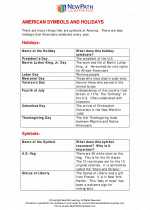
 Study Guide
Study Guide
 Study Guide
Study Guide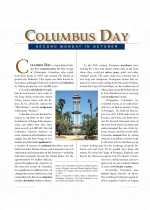
 Study Guide
Study Guide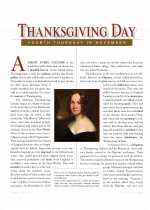
 Study Guide
Study Guide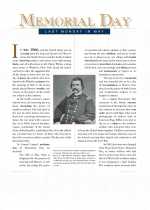
 Study Guide
Study Guide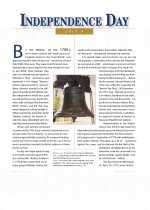
 Worksheet/Answer key
Worksheet/Answer key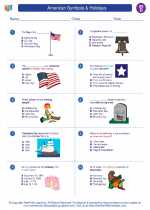
 Worksheet/Answer key
Worksheet/Answer key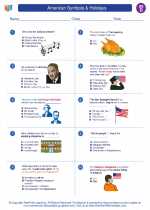
 Worksheet/Answer key
Worksheet/Answer key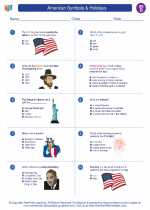
 Worksheet/Answer key
Worksheet/Answer key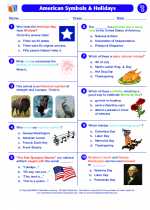
 Worksheet/Answer key
Worksheet/Answer key
 Worksheet/Answer key
Worksheet/Answer key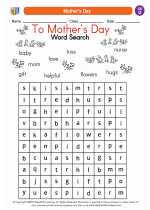
 Worksheet/Answer key
Worksheet/Answer key
 Worksheet/Answer key
Worksheet/Answer key